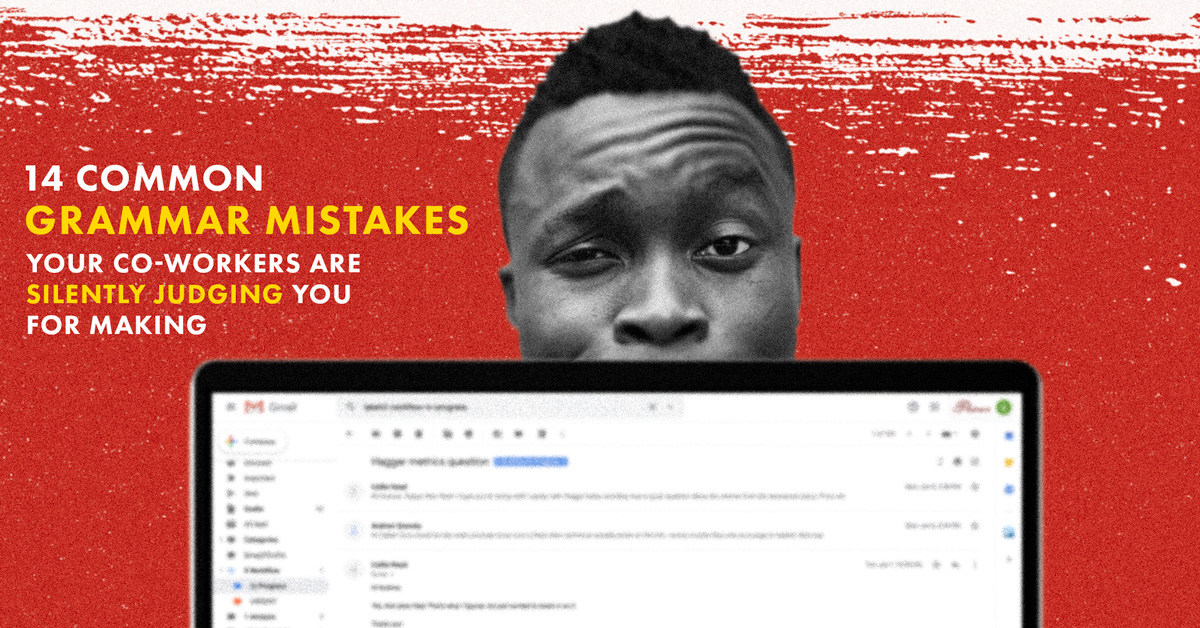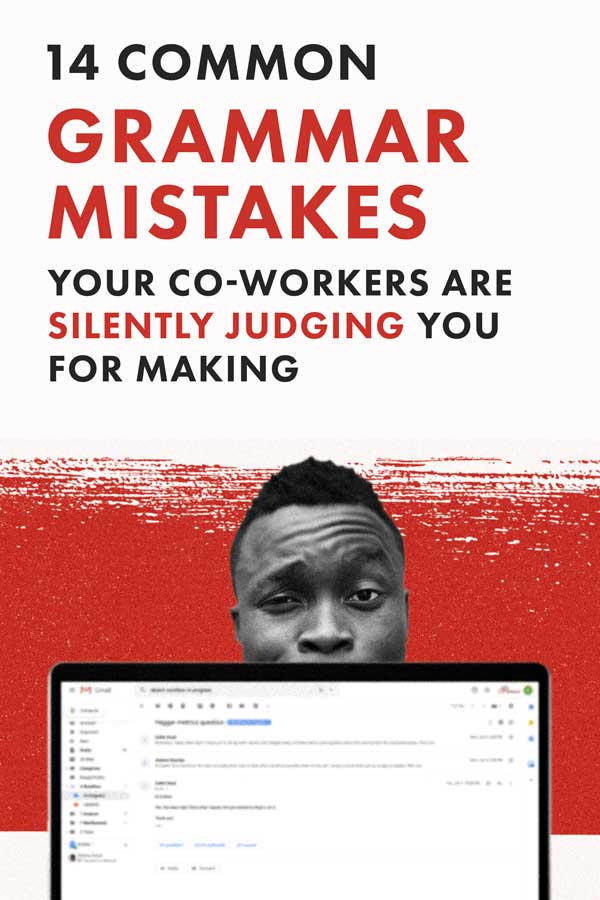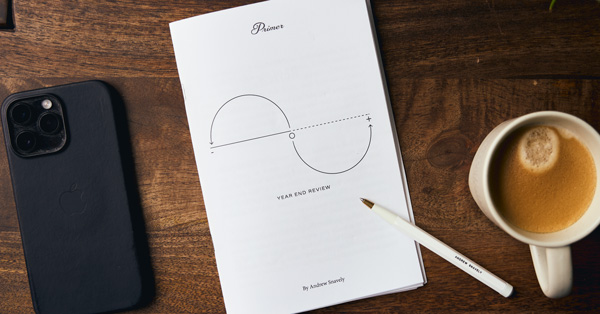In my senior year of high school, my English teacher, Mr. Pantalone, assigned us an extended definition essay. We had to pick a single word and write five paragraphs about it. He told us he knew it was a hard assignment and warned us not to be predictable. I chose the word “harmony,” and I got a 99%. Mr. Pantalone praised me in front of the class for being the only student who didn’t start his essay with “Webster’s Dictionary defines harmony as…” Clearly I was the man of the hour, but I couldn’t shake that 99%.
I stayed after class and asked Mr. Pantalone why my paper didn’t get a hundred. He pointed to a single missing comma halfway through the essay, which he’d deftly added with his red pen. I was indignant. I said, “THAT?! That’s the reason I got a ninety-nine instead of a hundred? ”Mr. Pantalone said, “Oh I’m sorry, you wanted a perfect score for an imperfect paper?” Mic drop.
Fifteen years later I’m a high school English teacher, and I’ve given that same response a few times to my own students, though I’d like to think I’m a bit more forgiving. The fact is no one is grammatically perfect, but it doesn’t hurt to try.
You’re an educated guy, and while your comma game doesn’t need to be completely on point for you to thrive in the workplace, there are a few grammar and usage rules you should know to make sure you sound intelligent in casual conversation or email. Here are a few mistakes you might be making right now without knowing it and some tips on how to fix them. No, these aren't hyper nuanced like the difference between an em dash and en dash. Do you need to memorize all of these right now? Nope. But maybe just pick one or two that you know you need to tune up.
“I” vs. “Me”
Sometimes “I” is correct and sometimes “me.” Here are some examples:
Katie and I are going to the movies tonight.
Would you like to go to the movies tonight with Katie and me?
How do you know which one you should use? Take the other person out of the equation. Without Katie in the sentence, which one would make sense?
I/Me am going to the movies tonight.
Would you like to go to the movies tonight with I/me?
When to use “myself”
No, “myself” is not a more eloquent way of saying “me.” So please…please, stop using “myself” in an effort to sound fancy. “Me” is the word you use when you’re the object of the verb but not the subject of the sentence. “Myself” is the word you use when you’re the object of the verb AND the subject of the sentence. Here are some examples.
INCORRECT: Once you’ve completed the forms, please hand them in to Bill or myself.
CORRECT: Once you’ve completed the forms, please hand them in to Bill or me.
Remember that whole “I” vs. “me” thing? Take “Bill or” out of the sentence. Which one makes more sense?
So how should you correctly use “myself”?
CORRECT: I was cooking dinner tonight, and I burned myself on the stove.
In this sentence you’re the subject (the one cooking the dinner) AND the object (the one who got burned); hence, “myself” is appropriate.
Bottom line: You’re overusing “myself.”
Apostrophes DO NOT make things plural.
Yes, autocorrect does a pretty good job (though let’s be honest, no one ever tries to text “ducking”). However one mistake that the autocorrect engineers have yet to figure out is that not every word that ends in “s” needs an apostrophe.
INCORRECT: Hey man, let’s play racquetball soon. Are Saturday’s good for you?
CORRECT: Hey man, let’s play racquetball soon. Are Saturdays good for you?
INCORRECT: Dude, this is my favorite song from the 1990’s.
CORRECT: Dude, this is my favorite song from the 1990s.
Affect or Effect?
Think of the word RAVEN.
Remember
Affect
Verb
Effect
Noun
CORRECT: I asked the doctor how the medicine would affect me, and she said I shouldn’t have too many side effects.
The one exception to the rule is that “effect” is also a verb meaning to produce or bring about some sort of alteration.
An example: “The students staged a walkout to effect change in standardized testing.”
Because “effect” as a verb has such a limited, narrow usage, this exception won’t come up often.
“May you please…” has NEVER been correct.
Somehow in the last three or so years, a linguistic plague has swept our nation in the form of people starting requests with “May you please…” This, like the overuse of “myself” is an overreach, an attempt to sound exceptionally polite, but it’s better to just stick to the rules.
INCORRECT: May you please hand me that pencil?
CORRECT: Will you please hand me that pencil?
“May” is a permission word, so the first example is basically saying, Do you have your own permission to hand me that pencil?
“Will” is a word that inquires about the wishes of the person to whom you’re talking, as in, Are you willing to please hand me that pencil?
Don’t make comma splices.
A comma isn’t strong enough to hold two complete thoughts together, so either add a conjunction (for, and, nor, but, or, yet, so), add a semicolon, or just split it into two sentences.
INCORRECT: My wife likes chocolate, I like vanilla.
CORRECT: My wife likes chocolate, but I like vanilla.
ALSO CORRECT: My wife likes chocolate. I like vanilla.
ALSO CORRECT: My wife likes chocolate; I like vanilla.
It’s should “have” not should “of.”
This also applies to should, could, and would.
INCORRECT: I should of proofread the email before sending it.
CORRECT: I should have proofread the email before sending it.
“Irregardless” isn’t correct.
This is another overcompensation. It’s regardless. That’s it. In recent years, dictionaries have started to include it because of frequent use; however, most of us agree it really isn’t a word.
Things are “that.” People are “who.”
INCORRECT: I have two cousins that went to UCLA.
CORRECT: I have two cousins who went to UCLA.
If you can count it, it’s “fewer.” If you can’t, it’s “less.”
CORRECT: There is less water in the sink than in the tub.
You can’t count water. But you CAN count gallons of water.
CORRECT: There are fewer gallons of water in the sink than in the tub.
Remember both of these examples are correct; it just comes down to what you’re referencing.
It’s and Its are two different words
It’s is a contraction, short for “it is.”
Its is possessive.
CORRECT: It’s 5:30; we’d better get going.
CORRECT: Don’t open the dryer too soon; it will stop on its own.
Same thing with who’s and whose.
Who’s is a contraction, short for “who is.”
Whose is possessive.
CORRECT: Who’s going to the party tonight?
CORRECT: Whose shoes are sitting in the middle of the kitchen?
It’s dammit, not damnit.
To “damn” means to condemn, so when you stub your toe on the dresser and yell “Damn it!” you are, on the most literal level, condemning the dresser. I hereby banish this dresser to eternal damnation. And if that’s how you mean it, then it’s two words: damn it. But since that’s never what we actually mean, and we simply use this word as an interjection, it’s “dammit.”
CORRECT: *Starts the dishwasher* Dammit! Who left this cup on the table?!
And Now the Big Finale
You’re saying “hone” when you probably mean “home.”
To hone is the sharpen. To home is to narrow in, like a homing missile.
INCORRECT: Hey guys, let’s make sure we hone in on these quarterly reports during the meeting.
CORRECT: Hey guys, let’s make sure we home in on these quarterly reports during the meeting.
CORRECT: My knife is getting dull, so I need to hone it.
CORRECT: I’ve been honing my harmonica skills, and I’m getting better.
This list is by no means exhaustive, but hopefully it will help you stay sharp next time you’re drafting an email to your boss or chatting it up at a party. What other grammar snafus drive you crazy?







![It’s Time to Begin Again: 3 Uncomfortable Frameworks That Will Make Your New Year More Meaningful [Audio Essay + Article]](https://www.primermagazine.com/wp-content/uploads/2025/01/begin_again_feature.jpg)








